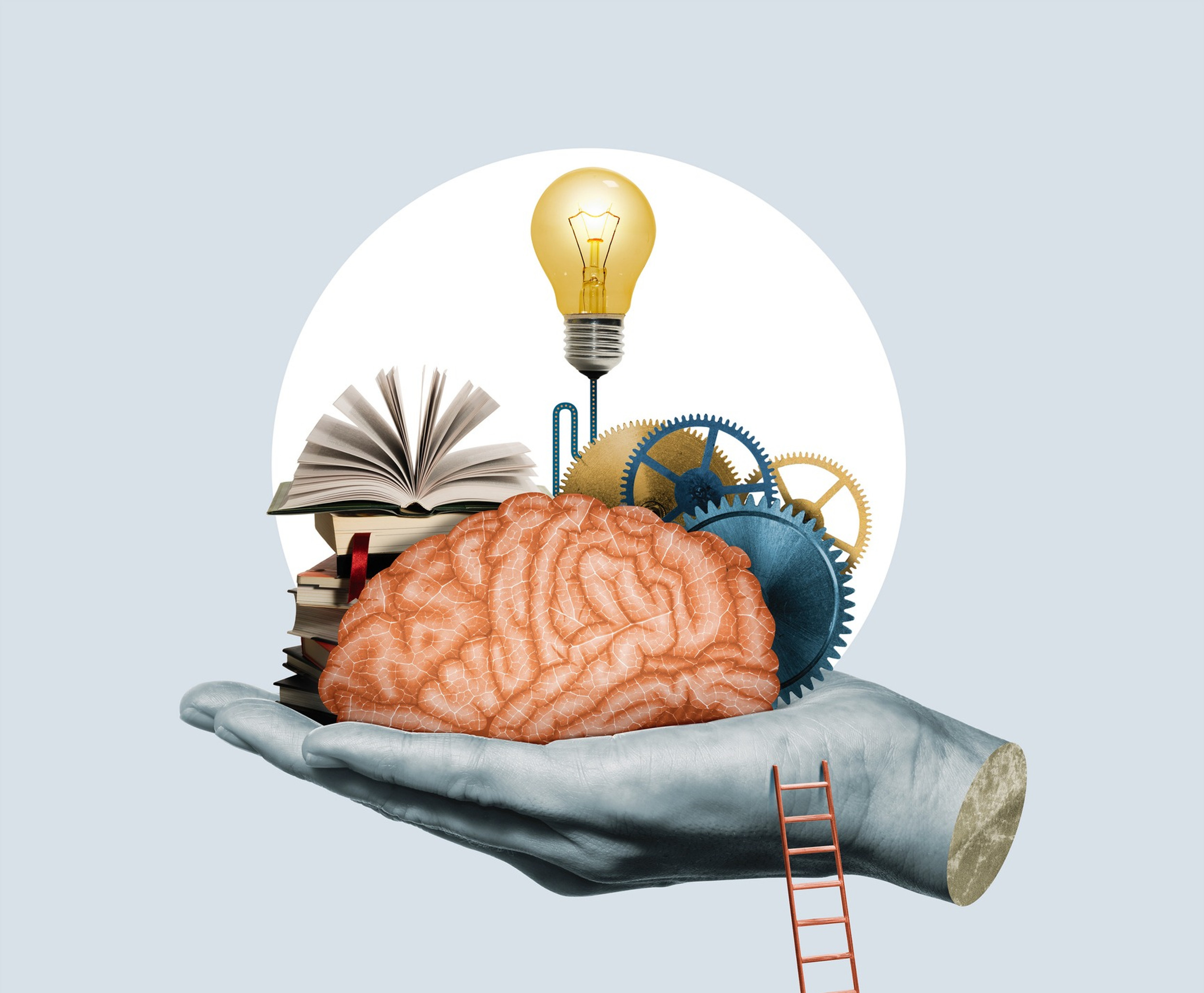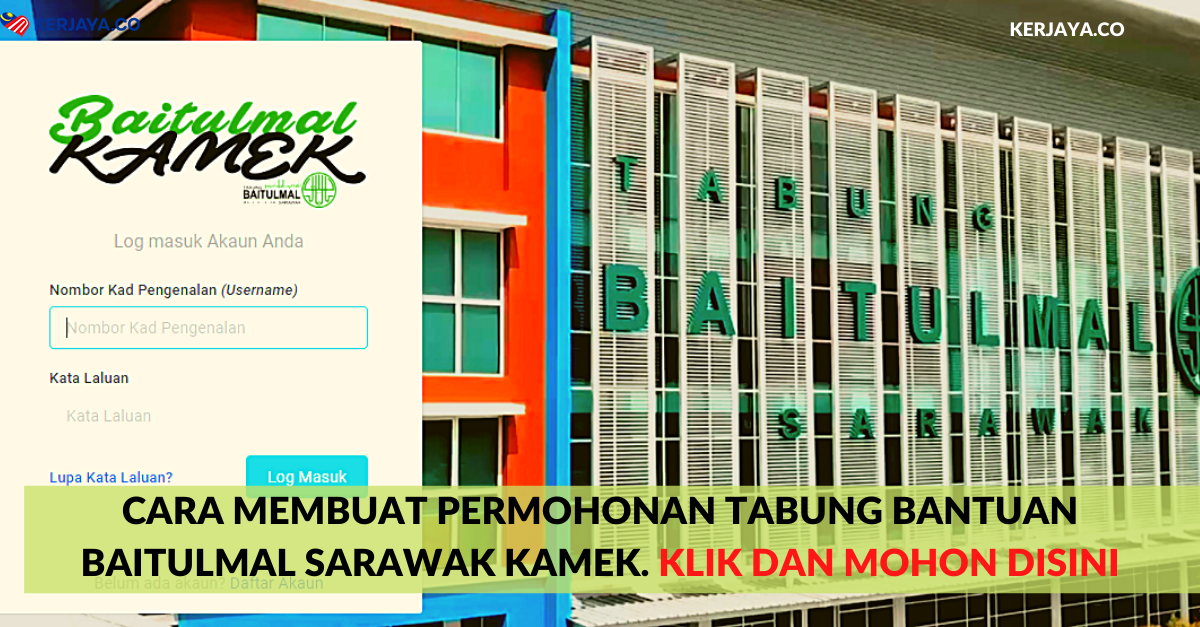Strategies For Enhancing Mental Health Literacy Education Programs

Table of Contents
Developing Engaging Curriculum & Materials
Creating compelling and effective mental health literacy education requires a thoughtfully designed curriculum and engaging materials. This section will explore strategies for maximizing engagement and knowledge retention.
Incorporating Interactive Learning Methods
Interactive learning significantly boosts engagement and knowledge retention compared to passive methods. Effective Mental Health Literacy Education Programs incorporate various interactive techniques:
- Interactive Workshops: Hands-on activities, group discussions, and brainstorming sessions foster active participation and collaborative learning.
- Role-Playing Exercises: Simulating real-life scenarios allows participants to practice coping mechanisms and communication skills in a safe environment.
- Case Studies: Analyzing real-world examples helps participants apply theoretical knowledge to practical situations, enhancing understanding and critical thinking.
- Technology-Based Learning: Utilizing apps, simulations, and online platforms offers engaging and accessible learning experiences, catering to diverse learning preferences.
For example, a program using a mental health simulation could allow participants to experience the challenges of managing anxiety or depression, fostering empathy and understanding. Remember to cater to diverse learning styles – some individuals learn best visually, others auditorily, and some kinesthetically. A multi-modal approach ensures inclusivity and effectiveness.
Utilizing Multimedia Resources
Multimedia resources enhance engagement and accessibility, particularly for diverse learners. Effective Mental Health Literacy Education Programs leverage the power of:
- Videos: Short, impactful videos can convey complex information concisely and engagingly.
- Infographics: Visually appealing infographics present key information in an easily digestible format.
- Podcasts: Audio-based learning offers flexibility and convenience, allowing participants to learn at their own pace.
Using visuals and audio caters to different learning styles and makes information more memorable. Culturally relevant content is crucial; ensuring your materials reflect the diversity of your target audience strengthens their impact and promotes inclusivity. For instance, using culturally appropriate imagery and examples can significantly improve understanding and engagement.
Addressing Stigma and Promoting Help-Seeking Behaviors
Reducing stigma and encouraging help-seeking are paramount goals for Mental Health Literacy Education Programs. Strategies include:
- Open Discussions: Create a safe space for participants to openly discuss their experiences and challenges.
- Real-Life Stories and Testimonials: Sharing personal accounts can humanize mental illness and foster empathy.
- Resource Identification: Provide clear information about local mental health services and support networks.
Empathy and understanding are fostered through activities that promote perspective-taking and challenge negative stereotypes. Clearly outlining accessible resources, including helplines, online platforms, and local support groups, empowers individuals to seek help when needed.
Targeting Specific Audiences and Needs
Tailoring Mental Health Literacy Education Programs to specific audiences maximizes their impact.
Tailoring Programs for Different Age Groups
Content and delivery methods must be adapted to suit the developmental stage of the target audience:
- Children: Programs for children should use age-appropriate language, interactive games, and storytelling.
- Adolescents: Programs for adolescents should address peer pressure, social media, and identity development.
- Adults: Programs for adults should focus on stress management, coping strategies, and workplace well-being.
- Older Adults: Programs for older adults should address age-related challenges and provide resources specific to their needs.
Consider using different activities and formats for each age group. For example, using interactive technology might resonate with younger audiences, while group discussions and case studies might be more suitable for older participants.
Addressing Cultural and Linguistic Diversity
Cultural sensitivity and linguistic accessibility are crucial for effective outreach:
- Culturally Sensitive Materials: Ensure your materials reflect the cultural values and beliefs of your target audience.
- Translation and Interpretation Services: Offer materials and services in multiple languages.
Cultural competence in mental health education is vital. Understanding cultural nuances regarding mental health beliefs and help-seeking behaviors allows for more effective communication and engagement.
Reaching Underserved Communities
Proactive engagement with underserved communities is essential to address access barriers:
- Community Partnerships: Collaborate with local organizations and community leaders to build trust and reach marginalized groups.
- Outreach Initiatives: Develop targeted outreach strategies to engage communities facing unique challenges.
By actively seeking input from community members, tailoring programs to their specific needs, and building strong partnerships, you can ensure that your programs reach those who need them most.
Measuring Program Effectiveness and Outcomes
Rigorous evaluation is crucial for improving Mental Health Literacy Education Programs.
Developing Evaluation Tools
Data-driven improvement requires comprehensive evaluation:
- Pre- and Post-Tests: Assess knowledge gain and changes in attitudes.
- Surveys: Gather feedback on participant experiences and satisfaction.
- Focus Groups: Gain in-depth insights into program effectiveness.
Selecting appropriate tools ensures accurate measurement of program impact. Analyzing pre- and post-test data, for example, can quantify knowledge gained, while feedback from surveys and focus groups provides qualitative data on participant satisfaction and program effectiveness.
Tracking Program Participation and Reach
Monitoring participation and reach is vital for understanding program impact:
- Participation Rates: Track the number of participants and their demographic characteristics.
- Geographic Reach: Monitor the geographic distribution of program participants.
This data provides valuable information about program reach and allows for adjustments to better target specific populations.
Utilizing Data for Continuous Improvement
Evaluation data drives program improvement and refinement:
- Identify Areas for Improvement: Analyze data to identify weaknesses and areas for improvement.
- Refine Program Strategies: Use data to inform changes in program design, content, and delivery.
Continuous improvement through data analysis is essential for the long-term effectiveness of your Mental Health Literacy Education Programs.
Conclusion
Enhancing your Mental Health Literacy Education Programs requires a multifaceted approach encompassing engaging curriculum, targeted audience outreach, and robust evaluation. By implementing the strategies discussed above, you can create more impactful programs that empower individuals, reduce stigma, and promote positive mental health outcomes. Invest time and resources into developing high-quality Mental Health Literacy Education Programs to build healthier and more resilient communities. Don't hesitate to explore additional resources and best practices to continually improve your Mental Health Literacy Education Programs and make a meaningful difference in people's lives.

Featured Posts
-
 Judges Cannot Review Trumps Tariffs Claims Former President
May 02, 2025
Judges Cannot Review Trumps Tariffs Claims Former President
May 02, 2025 -
 The Justice Department And The End Of School Desegregation
May 02, 2025
The Justice Department And The End Of School Desegregation
May 02, 2025 -
 Tabung Baitulmal Sarawak Bantuan Asnaf Berjumlah Rm 36 45 Juta Laporan Mac 2025
May 02, 2025
Tabung Baitulmal Sarawak Bantuan Asnaf Berjumlah Rm 36 45 Juta Laporan Mac 2025
May 02, 2025 -
 Mp Treatment Sparks Crisis Mass Resignation Of Reform Uk Branch Officers
May 02, 2025
Mp Treatment Sparks Crisis Mass Resignation Of Reform Uk Branch Officers
May 02, 2025 -
 Fortnite Game Mode Shutdowns What Does It Mean For The Future
May 02, 2025
Fortnite Game Mode Shutdowns What Does It Mean For The Future
May 02, 2025
